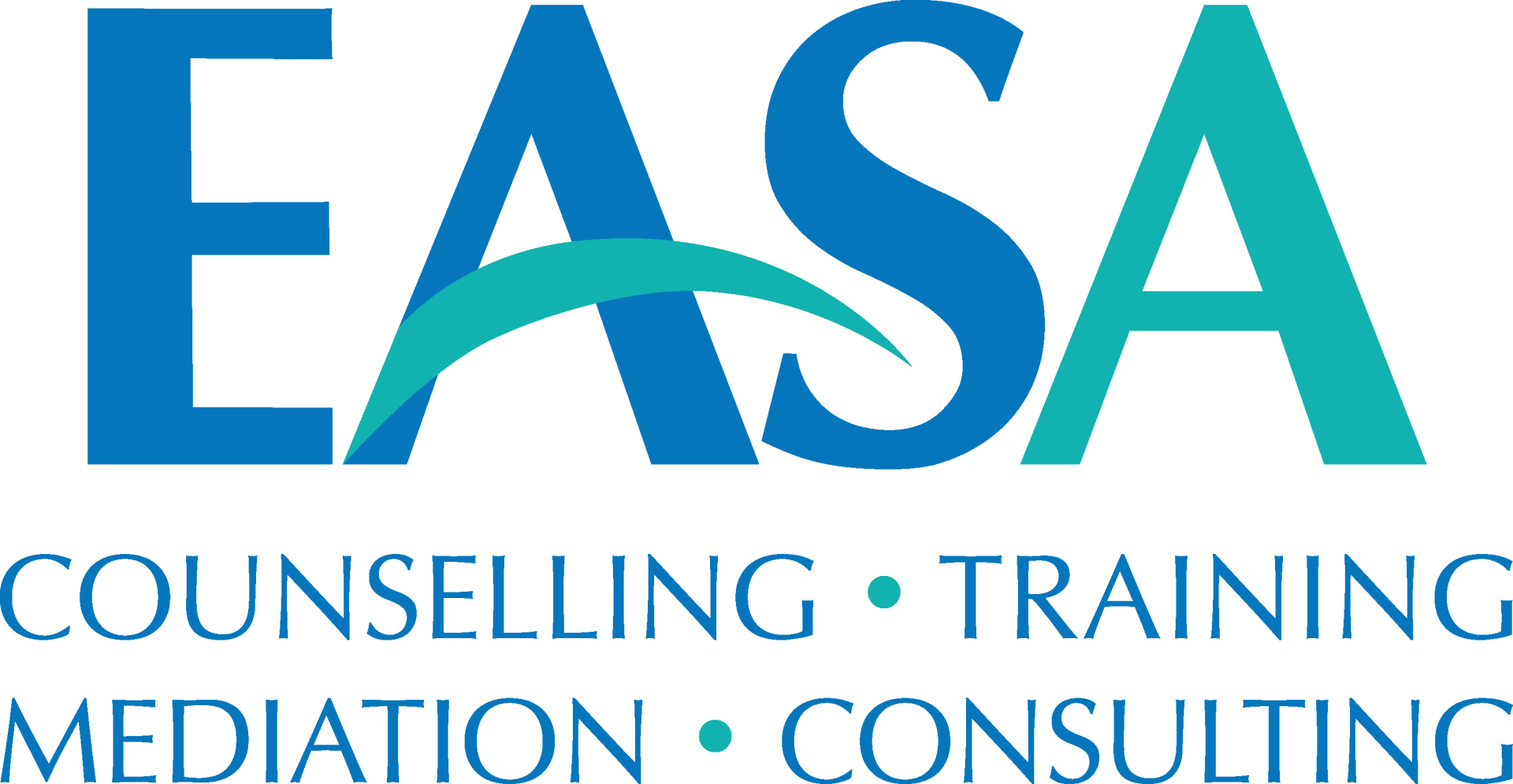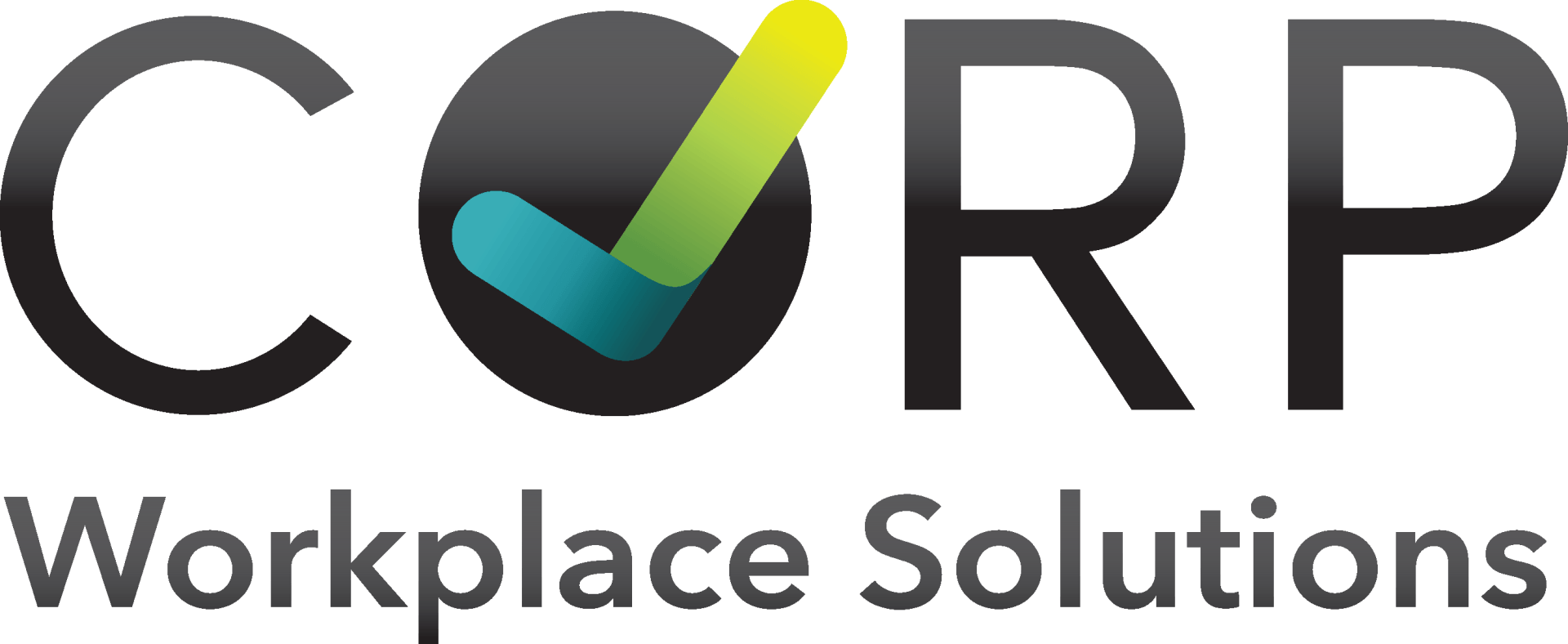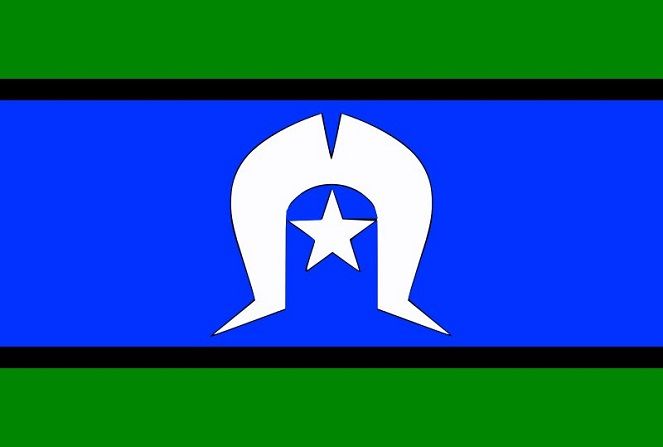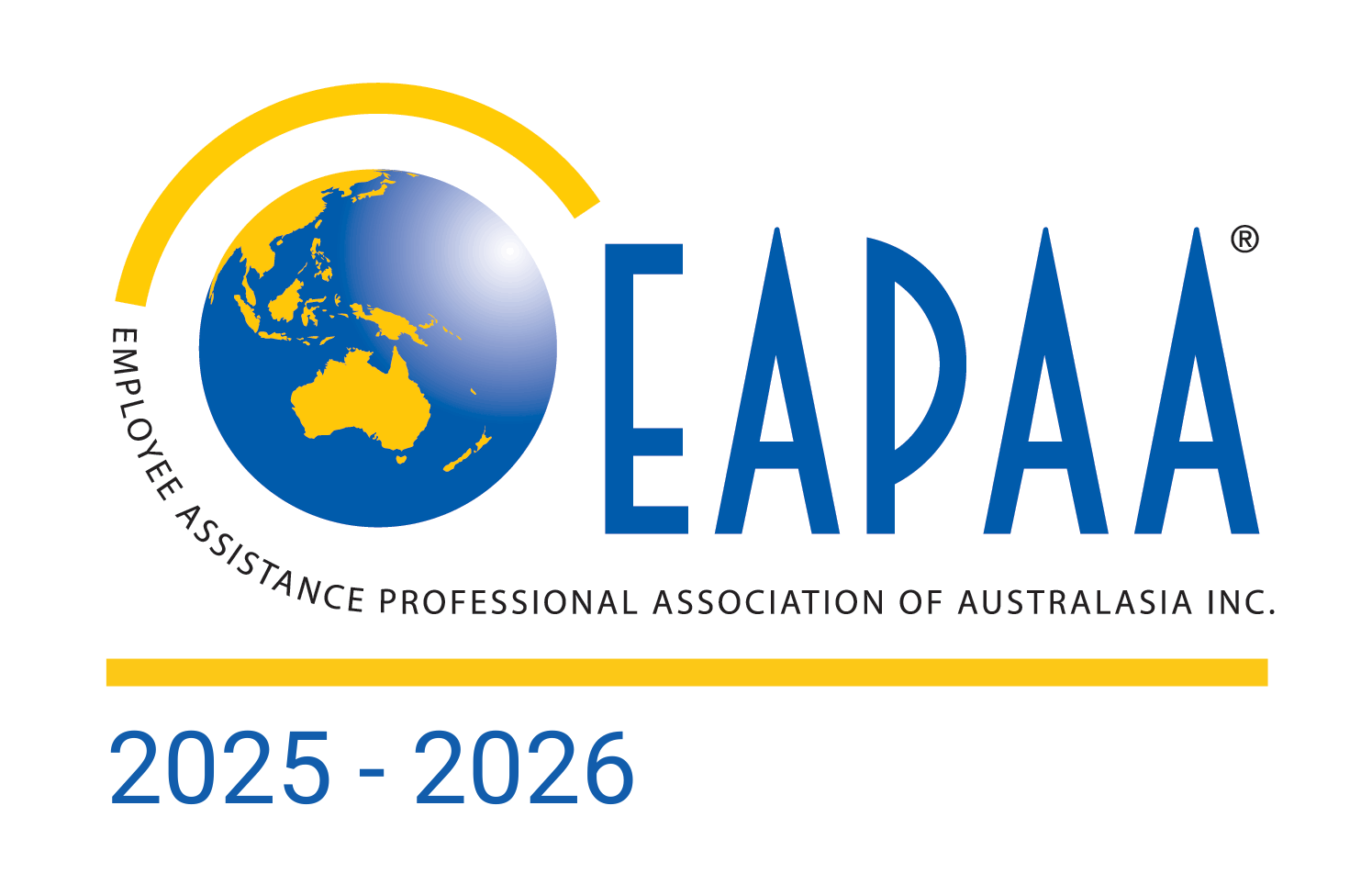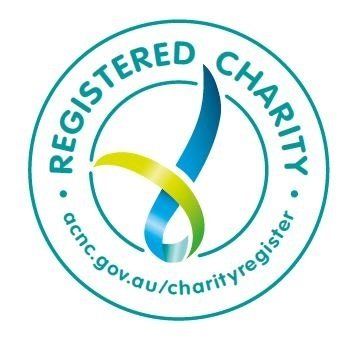Peer Support
The peer support program builds skills and knowledge for a staff member to undertake a peer support role in their organisation, providing basic emotional first aid and specialist referral as required. This program is delivered in partnership with organisations, customised to their needs and potential peer support workers undertake an interview process to check suitability for the role.
In this session we will explore:
- What is a peer support program?
- Essential skills for peer support
- Understanding stress and its impacts
- Taking care of yourself
- Risk identification and management
- Creating a charter of behaviour to guild peer support work
